Why You Should Choose Grass-Fed Beef
Hey there, fellow food enthusiasts! Today, I’m here to discuss one of my all-time favorite topics: beef. But not just any beef, grass-fed beef. You’re in the right place if you’re wondering why you should switch from conventional beef to its grass-fed counterpart. I want to talk about why you should choose grass-fed beef. There is more to this term than we may think.
While doing my research for this post, I was amazed at the various unfamiliar terms I encountered. I want to help educate you about what I found and how you can use this information going forward.
What is grass-finished beef?
What we want to look for is grass-finished beef. Grass-finished means they ate grass only from the pasture from when they were weaned to when they were slaughtered. That’s a BIG difference, and it means the grass-finished beef products take significantly longer to reach your dinner table, costing those raising the beef more money.
To shorten the time it takes to get the beef to market, feedlot beef is given different types of grains to speed up the cattle’s growing process. They are given corn, wheat, soy, and possibly other GMO grains that promote more rapid growth. The challenge is that the cattle’s digestive system is geared toward grass, not grain.
Grains: Digestive System
The grains upset their digestive systems due to the high acidity levels, and they tend to get sick from the increased bacteria present. The feedlot beef is given antibiotics in the natural course of this growing process to reduce the risk of the cattle getting sick, and those antibiotics are passed on to you and me.
The other challenge is the hormones given to the cattle to promote more rapid growth. Those hormones stay with the meat through the slaughter process and are also passed on to us as consumers. Again, if we look for grass-finished beef products, we aren’t exposed to these issues that can harm our health. As you read through this post, think of grass-finished beef each time the term grass-fed beef is used, and you’ll get a better picture of things.
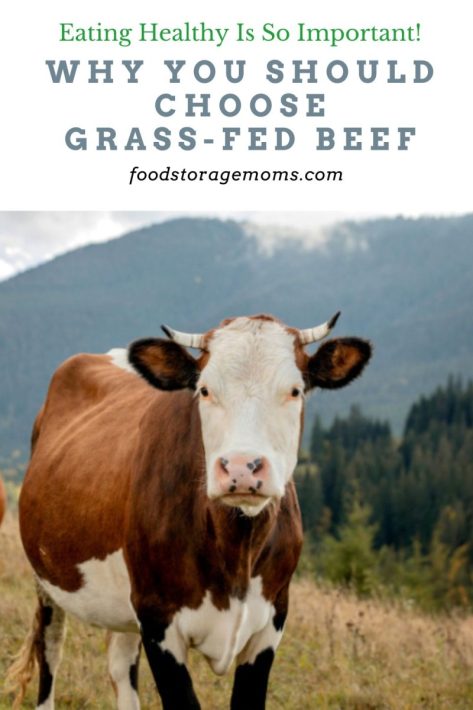
1. Superior Nutritional Profile
Let’s start with the basics: nutrition. Grass-fed beef is packed with nutrients that your body craves. Compared to conventionally raised beef, grass-fed beef is higher in beneficial omega-3 fatty acids, antioxidants like vitamin E, and conjugated linoleic acid (CLA). My readers might be interested that grass-fed beef has a very high nutritional profile.
2. Richer Flavor
You’ll immediately notice the difference in flavor with one bite of grass-fed beef. Thanks to their natural grass and forage diet, grass-fed cattle develop a richer, more robust flavor profile than their grain-fed counterparts. From juicy steaks to savory burgers, grass-fed beef adds an extra dimension of taste to your favorite dishes. Air Fryer Recipes: Step-by-Step Instructions
3. Environmentally Friendly
Choosing grass-fed beef isn’t just good for your taste buds, but it’s also good for the planet. Grass-fed cattle are raised in more environmentally friendly ways compared to those raised in concentrated animal feeding operations (CAFOs). When they can start grazing pastureland, grass-fed cattle help promote soil health, reduce greenhouse gas emissions, and reduce reliance on synthetic fertilizers and pesticides. How to Use Rabbit Poop Fertilizer
4. Ethical Treatment of Animals
If you care about the welfare of animals, opting for grass-fed beef is a no-brainer. Grass-fed cattle are typically raised in more humane conditions, with ample space to roam and graze as nature intended. I care where my food comes from, and I think it’s important to consider how animals are treated when we use them for food! 10 Reasons to Raise Ducks as a Prepper
5. Lower Risk of Antibiotic Resistance
Are you concerned about antibiotic overuse in livestock farming? You’ll be glad that grass-fed beef is often produced without routine antibiotics. Unlike conventional beef operations, where antibiotics are frequently administered to promote growth and prevent disease in crowded conditions, grass-fed cattle rely less on these medications, reducing the risk of antibiotic resistance in animals and humans. What Are Natural Antibiotics for Humans?
6. Supports Local Farmers
When you choose grass-fed beef from local farms and ranches, you’re not just supporting your health—you’re also supporting local economies and small-scale farmers. I like to buy directly from local producers because it helps create jobs, fosters community resilience, and ensures you get high-quality, farm-fresh beef straight from the source. Ground Beef Recipes That Are Simple To Make
- How To Make Corned Beef In A Slow Cooker
- Cream Chipped Beef: Step By Step Pictures
- Chow Mein Casserole with Ground Beef
- Easy Hot Chip Beef Dip
- Beef Stew Recipe
7. Lower Risk of Foodborne Illnesses
Food safety is a top priority for any conscientious consumer. Grass-fed beef has been shown to have a lower risk of contamination with harmful bacteria such as E.coli. This reduced risk is attributed to the fact that grass-fed cattle are less likely to be exposed to the unsanitary conditions often found in crowded feedlots, minimizing the chances of foodborne illnesses making their way to your plate. Items That Work as a Disinfectant
Dishwasher Safe Cutting Boards
8. Leaner Meat
If you’re watching your waistline, you’ll appreciate the leaner nature of grass-fed beef. Compared to grain-fed beef, grass-fed cuts tend to be lower in overall fat content and calories while still providing ample protein to fuel your body. So, whether you aim to trim down or maintain a healthy lifestyle, grass-fed beef is a nutritious way to add good things to your diet. 20 Healthy Habits for Emergency Preppers
9. Better for Heart Health
Looking out for your ticker? Grass-fed beef may offer heart-healthy benefits thanks to its higher omega-3 fatty acids and lower saturated fat levels than regular-raised beef. Incorporating grass-fed beef into a balanced diet rich in fruits, vegetables, and whole grains can help support heart health and reduce the risk of heart disease. Why Living on a Farm is Still a Great Idea
10. Unbeatable Taste Satisfaction
I want to talk about the taste satisfaction. There’s something undeniably satisfying about sinking your teeth into a perfectly cooked steak or burger made from top-quality grass-fed beef. The depth of flavor, juiciness, and tenderness is a culinary experience that’s hard to beat. Once you’ve experienced the superior taste of grass-fed beef, it’s something you won’t forget anytime soon! Making Hamburger Jerky with a Dehydrator
What does the term organic meat mean?
The term organic can be a little confusing. Organic means the meat is from animals that were raised naturally, their feed was organic, and they weren’t fed or administered antibiotics or hormones. The challenge is that it doesn’t guarantee that they were grass-fed, let alone grass-finished. Be careful what you read on the labels since labels can be misleading.
Where can I learn more about this subject and find sources for grass-finished beef?
There are several sources. I would first check the American Grassfed Association (www.americangrassfed.org), the trade association for the group promoting high-quality protein beef products.
You can also check out websites like:
- EatWild.com
- Discover.grasslandbeef.com
- Marblemountainmeats.com
- Fedbythefarm.com
More Tips
Final Word
Switching to grass-fed beef isn’t just a dietary choice; it’s a lifestyle choice with far-reaching benefits for your health. You might want to head to your local butcher or farmer’s market and pick up some grass-fed beef today. Do you eat grass-fed beef? May God Bless this World, Linda
Copyright Images: Cows In The Field AdobeStock_432186805 By MartinEnrique, Cow with Calf in Grass AdobeStock_571012929 By volody10

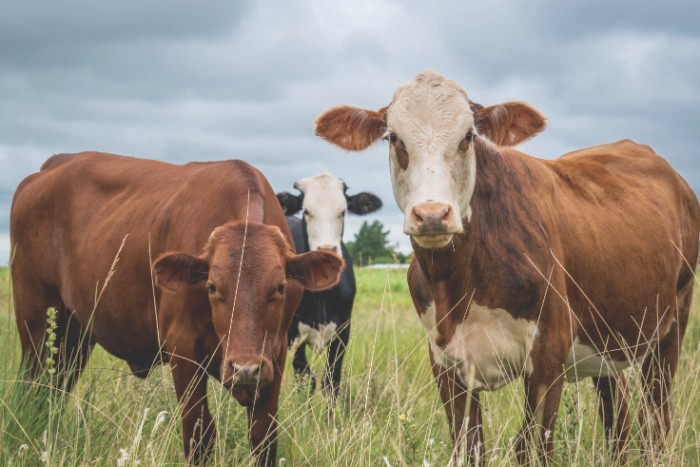



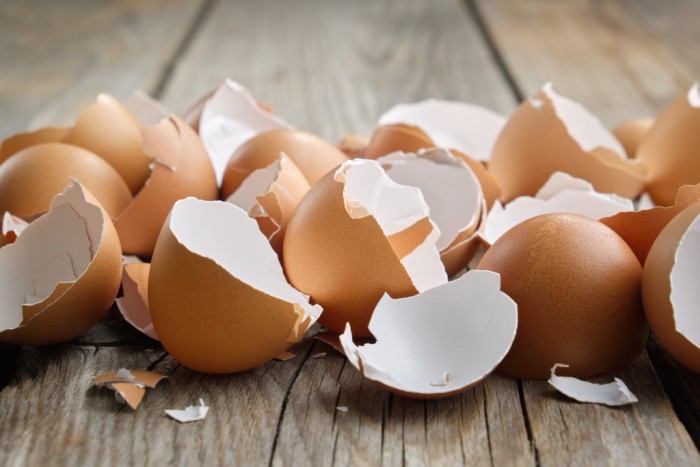
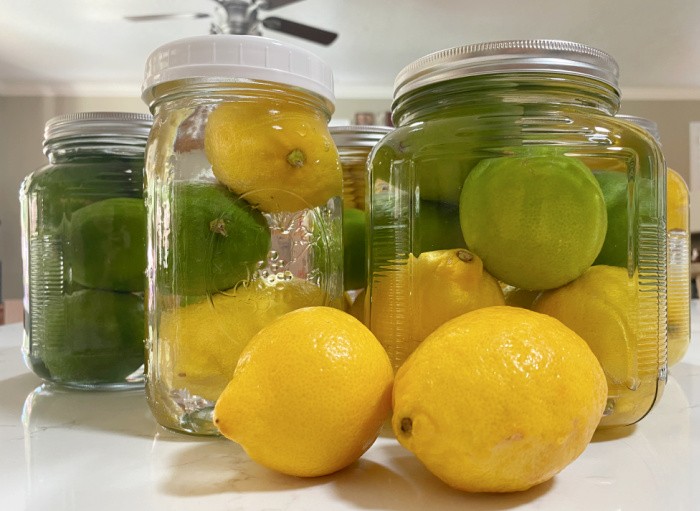
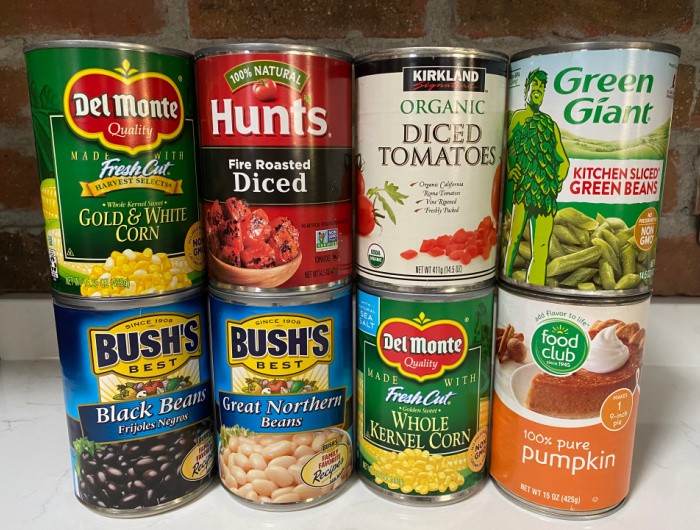
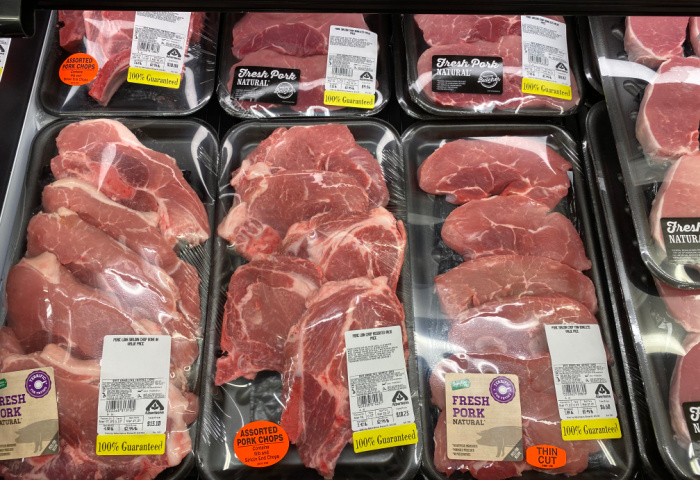
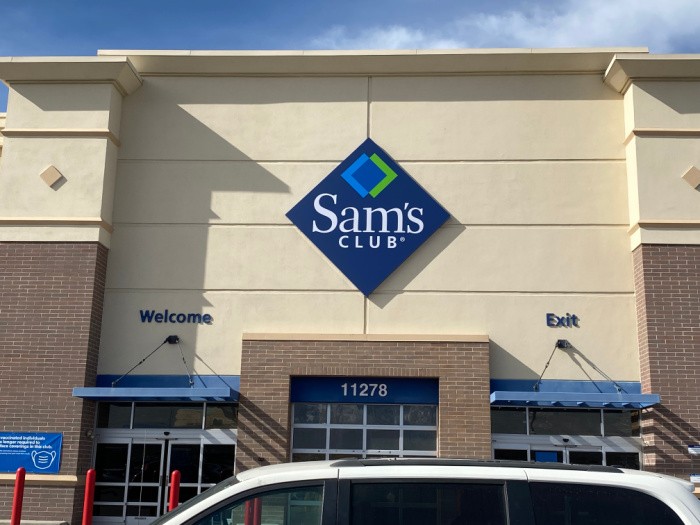
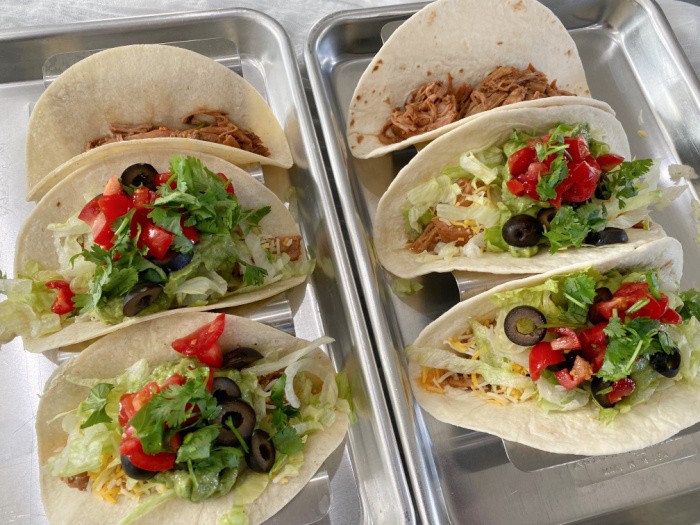

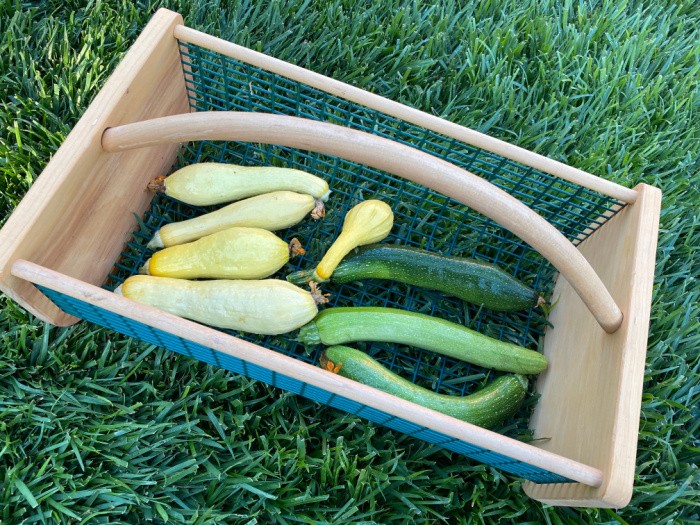
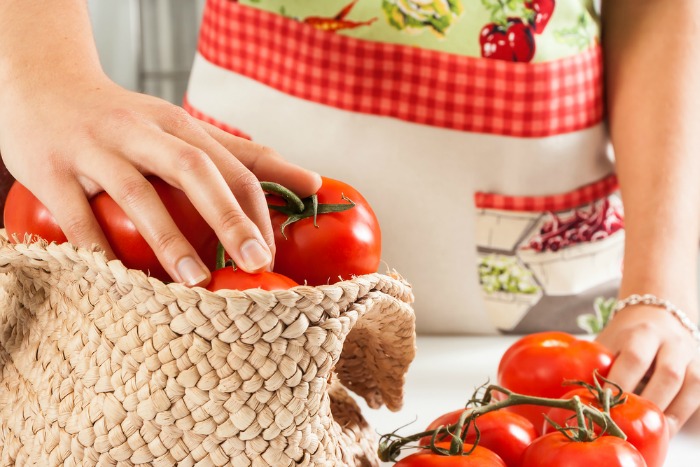








Around here finding grass fed beef is easy. Unless you are buying meat at a chain store. I had one farmer tell me, that it is best to get beef that is grass fed-grass finished. That way they aren’t slipping in corn to finish the job.
Hi Janet, I heard the same thing. I don’t raise beef, I wish I was able to do it. But I checked with a good friend and he walked me through some of the details. I’m hoping this post helps those who are want the the real deal. There are so many labels at the stores we don’t know where the meat is coming from, the USA or another country. Hopefully, we can support our local farmers. Linda
Why would they be slipping in corn? It’s in a feeder. Help me out with that
Hi Matt,
From what I understand. When the cows are in the field, they eat grass, sometimes before they are slaughtered, they feed corn to up the weight. Just what I heard from a farmer.
Ahh the farmers are slipping in corn.
Grass fed Grain finished
It’s about what the customers want, what’s affordable, what’s available and what works for the producers setup
Hi Matt, I think you’re right, that’s why I wanted to write this post, there is more to grass fed beef that most people understand. I’m new to this that’s for sure. Linda
Hi Janet, oh that makes sense. More weight, more meat. Linda
We are so grateful to be able to buy grass-fed beef from our local “organic and regenerative farm”, called Wingnut Acres! They sell lots more than beef, though, chicken, pork, honey, farm-made herbal salves, exotic jams, maple syrup, even with vanilla beans, cinnamon, you name it, bees wax candles, etc., etc. Yesterday we picked up fresh organic asparagus, priced at only $3.00/lb.! More will be coming in soon, too. We are so grateful to have a bunch of high-quality organic and regenerative farmers in our area!! Plus, whenever we’ve purchased their grass-fed beef, the taste difference is astounding! Also, there are no mRNA vaxxes in those cows, either. With all the side effects showing up around the country, we really don’t want any mRNA vaxxes in the meat we eat, that’s for sure!
HI Jess, yes, I need to find a farmer like you have. I think I know where to find one. Linda
Grass fed is good but not everything. I do a mixture but refuse to give antibiotics unless needed and will not do growth hormones.
IF I was to get into cattle for the masses that would change because of profit margins. However I raise for the family only currently. We have discussed raising more for sale but it would be direct sale so no additional hormones etc.
I will never deal with stockyards and the big corporations.
I only use some corn so I don’t need to supplement them for digestion. In fact I want some corn undigested so the crows and chickens will tear the cow patties apart to help get the nutrients back into the soil and save me from having to drag the pasture. That small amount of corn is much cheaper than diesel and wayyy better for the soil because it gets scratched and pooped on, by birds, during the process.
Minerals are important even with “grass fed”. Your herd will be healthier so don’t get too caught up on the all natural movement and risk loss. I use lose mixed in the feed and blocks. I’m studying tubs to see if it would be advantageous for my operation.
You will need 7-11 acres per head of QUALITY grass to do grass fed. Very few places actually support this. In fact the rural housing movement in America had destroyed that concept. Annexation, corporations and housing has taken almost all usable land in many areas. For instance Oklahoma City is 600 square miles. They’ve annexed from one town to the next.
Grass fed takes two years and fed takes a year to get one from around 350lbs to 1100 lbs. Over 1K is the mark you need in order to make butchering worthwhile money wise. The marbling (fat) content varies from person to person. Some raise lean and some raise fatty based on customer demand.
Hi Matt, you have learned so much by raising your own, I love hearing about them. I wish I lived close to you I would buy a cow from you because I trust you. I hope to find one here in Utah. Man, 7-11 acres per cow, yeah I couldn’t afford that much land. Good to know for beginners. I will have to find a good farmers. Great tips as always, Linda
I grew up on a cattle ranch. My dad swore by grass fed/grass finished for our home use and that of our friends and neighbors. However, for the beef that he was selling for profit, the animals were grass fed/grain finished. This put on a good deal of weight. The reasoning was that dad was selling his beef by the pound and the heavier the animal at auction, the more money he sold them for.
I was probably 18 or a bit older before I ever tasted beef that had not been grass fed/grass finished. I was appalled at the taste of store-bought meat. The store-bought meat also had WAY more fat than grass fed/finished and more marbling. Apparently, at the time, marbling was the “in” thing!
So, I think the bottom line for grain finished beef is the money. And that is not necessarily a feedlot thing but also independent beef producers. I am once again living in an area with a lot of cattle being raised. I asked a friend at church how they finish their beef – guess what – it was the same thing my dad used to do: grass fed/finished for home use and for personal friends but grain finished for auction.
Hi Leanne, I love hearing this about how your dad raised cattle. Oh, the things you learned living on a farm/ranch. I remember tasting some hamburgers years ago and i thought these do not taste like the meat I was raised on. I didn’t live on a farm or ranch, but I can tell the difference between really good meat and the grocery store meat. I can;t wait to get back to getting a freezer and some good beef. Life is good! Linda
Be very careful to find out if the beef is grass fed AND grass finished. A couple of companies are bragging and advertising on national radio about their grass fed beef. Then, when you read the fine print, they grain finish them. THAT means they are putting in all the stuff you don’t want right before they butcher.
There’s a ranch in Florida that has great fed and finished beef.
Look around. We found that it IS more expensive, but we are satisfied with smaller portions, so it’s worth it to us. Smaller portions of something delicious and satisfying.
Hi C Addison, this is exactly why I decided to write about grass-fed and grass finished. We must be informed as to what we are buying. I wanted to personally know the difference. I don’t raise cattle but I know a good steak or hamburger and a less tasty ones. Thank you, great comment, Linda